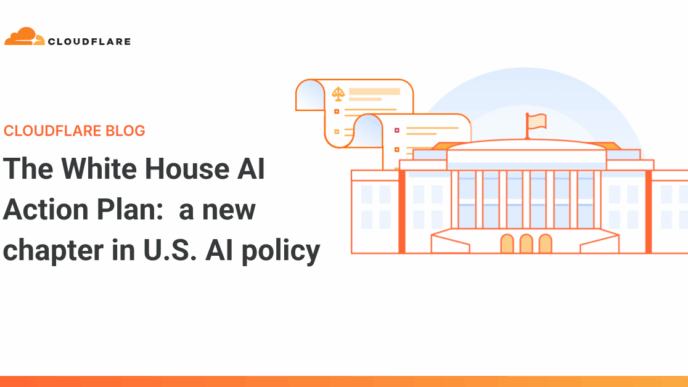Meta is racing to build artificial superintelligence, pouring billions into talent and tech to beat OpenAI and rivals. CEO Mark Zuckerberg aims to create AI that outperforms humans at all knowledge work—a goal some see as distant and risky for Meta’s core business.
The company is splurging on top AI researchers with multimillion-dollar packages. OpenAI CEO Sam Altman accused Meta of offering his employees $100 million signing bonuses. Google CEO Sundar Pichai recently fielded questions about the AI talent war, signaling Wall Street’s focus on these battles.
Meta’s pivot to the metaverse failed, so Zuckerberg shifted to AI as the next big bet. The company pumped billions into data centers and chips but lacks a cloud business to monetize that infrastructure fast. On top of that, Meta delayed rolling out its largest Llama 4 AI model.
D.A. Davidson analyst Gil Luria warned:
“That’s the Llama 4 lesson: You can have hundreds of thousands of (GPU chips), but if you don’t have the right team developing the model, it doesn’t matter.”
Zuckerberg calls his circle of AI believers “maximalists” convinced AI will reshape every part of life and work.
“For our superintelligence effort, I’m focused on building the most elite and talent-dense team in the industry,” Zuckerberg said in a Threads post.
Last month, Meta invested $14.3 billion in Scale AI, acquiring founder Alexandr Wang and other top staff to launch its Meta Superintelligence Lab, co-led by ex-GitHub CEO Nat Friedman.
“My job is to make amazing AI products that billions of people love to use,” Friedman said in an X post. “It won’t happen overnight, but a few days in, I’m feeling confident that great things are ahead.”
Meta grabbed major AI talent from OpenAI, Apple, Google, and Anthropic. Reports cite pay packages worth hundreds of millions to lure hires. Meta has pushed back on some compensation rumors but clearly isn’t holding back.
Meta’s AI push follows Zuckerberg’s hope to own a core platform for the next tech wave—after missing the mobile OS era to Apple and Google. Meta recently teamed with Amazon Web Services to support startups building on Llama tech, aiming to embed itself in the AI boom.
Some analysts remain skeptical about superintelligence’s short-term benefit to Meta’s ad business. Emarketer’s Minda Smiley expects tough questions at Meta’s upcoming earnings call on how these ambitions fit the broader roadmap.
“Its attempts to directly compete with the likes of OpenAI … are proving to be more challenging for the company while costing it billions of dollars,” Smiley said.
CFRA Research’s Angelo Zino notes Meta can afford the expensive talent war, and investors seem onboard. Meta’s shares have jumped around 20% this year.
AI consultant Zack Kass observes:
“I think Mark’s in a manifest destiny point of his career. He always wants to point to Facebook groups as being this way that he is connecting the world … And if he can build superintelligence that cures cancer, he doesn’t have to talk about Facebook groups anymore as being his like lasting legacy.”









